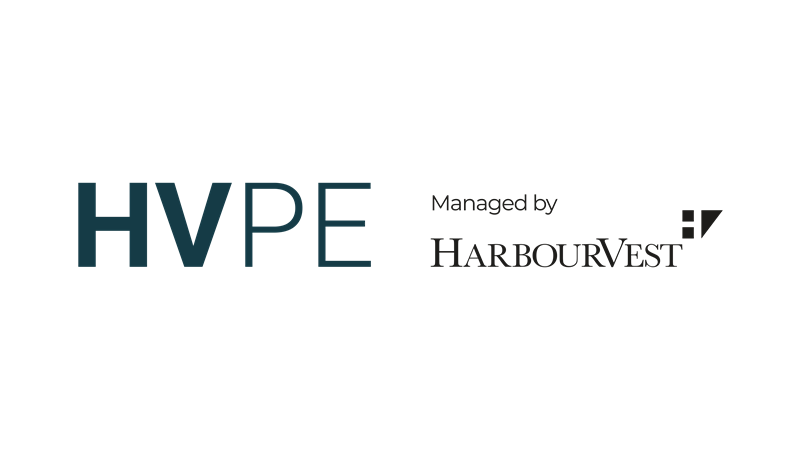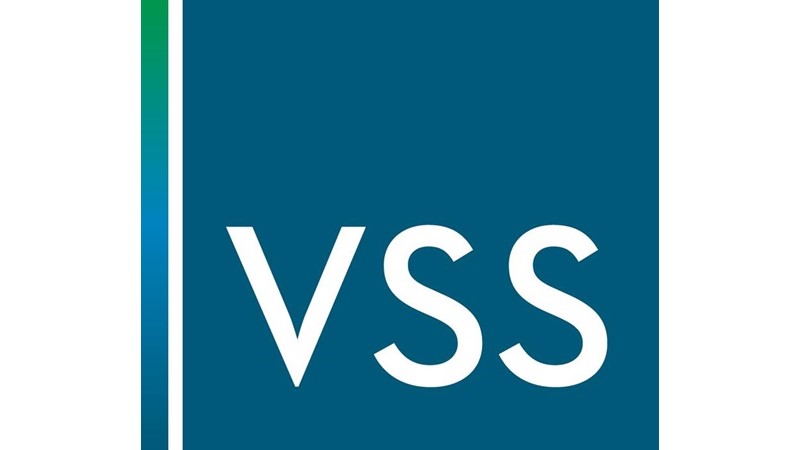AIFMD Third-Country Passport: 5 Top Things US Fund Managers Should Know
The introduction of a definition of AIFMD, as recently proposed by the European Commission, has put under the spotlight, once again, the increasingly intricated access to Europe available to US Fund managers – and any other foreign fund manager for that matter – via the local national private placement regimes.
Whether these new measures proposed by the European Commission are exclusively aimed at the usual suspect – the United Kingdom in the Brexit saga – or else reflective of a more generalised restrictive approach at European level in light of the Capital Markets Union, these for sure offer the opportunity to take a look again at the other avenues available to third-country AIFMs willing to gain access to European investors. The extension of the AIFMD marketing passport to third-country AIFMs and AIFs is certainly one of those and is worth mentioning.
Without entering into the more complicated debate surrounding motives for the delay in the implementation of the passport extension, in one with the revamp of the directive scheduled for 2017, this article will highlight the top 5 points that US Fund managers need to consider when it comes at the extension of the passport to third-country AIFMs.
Isn’t the passport a feature for EU AIFMs and AIFs only?
Europe has never been closed to entertaining business relationship with third-countries. When an element of internationality is involved, the entire spectrum of the regulated space for European financial services allows for different mechanisms of recognition of third countries industry participants and enables them to operate vis-à-vis European investors and clients. Of course, access to Europe is not entirely immediate and homogeneous for third country participants same as European entities, but these mechanisms of recognition allow third country participants for exposure to European clients and investors nevertheless.
In the AIFMD ecosystem, the marketing passport is reserved in principle to European AIFMs and allows for full European cross-border fund distribution. This is due to compliance with the full set of provisions of AIFMD. It is also envisaged that, subject to certain conditions, the passport can be extended also to AIFMs and AIFs from certain third countries.
The process of the extension of the passport to third country AIFMs entails a combination of objective and subjective requirements to be met, both at the level of the third country domicile and the AIFM. As part of the process, ESMA will have to first assess the regulatory regime of various third countries and then release its advice accordingly. Once this is in place, the European Commission will have to issue delegated acts to extend the passport to the countries that have been deemed equivalent.
When will the Third-Country passport be available to non-EU AIFMs?
AIFMD set out deadlines for the process of recognition of third countries to be completed and the ensuing phase-out of the national private placement regime. This was set to happen respectively in 2015 and 2018. However, even though as at today ESMA already positively evaluated a set of countries and issued advice accordingly, yet we have no delegated act from the European Commission.
Further to delegated acts released by the European Commission, when these will ever be issued, there should follow a transitional period when both the third country AIFMD passport and the local national private placement regime should coexist across European domiciles. This being said, some of the more nationalistic European domiciles, the ones that made their local national private placement regime a rather dauting exercise, for the lack of a better adjective, have announced their intention to phase out their local national private placement as soon as delegated acts are issued by the European Commission. This might represent an obstacle for US Fund managers as we will see further down below.
What it takes for a non-EU AIFM to obtain a passport?
So once there is a delegated act from the European Commission and you are an AIFM from one of the third country domiciles positively assessed by ESMA in its advice, this unfortunately does not equate per se to the immediate ability to make use of the passport and obtain a fully-fledged European cross-border fund distribution. In fact, AIFMs from third countries deemed equivalent will have to be authorised under AIFMD and comply with the whole directive in order to be able to take advantage of European cross-border fund distribution for their European and third country AIFs.
As part of the process envisaged by AIFMD in this regard, a third country AIFM has to opt for a Member State of Reference (MSR). The selection of the MSR is based on set parameters and is not entirely left to domicile shopping of third country AIFMs. Once an MSR is successfully identified, its competent authorities shall become the ones in charge of authorising the third country AIFM under the directive and the third country AIFM will have to appoint a local legal representative in charge of ensuring compliance with the directive for the management and marketing activities of the third country AIFM.
At a first glance, a third country AIFM intending to be authorised in Europe will be consequently subject to two different authorities, regimes and processes – the one of their own state and the one of the MSR chosen – and will be required to comply accordingly with two sets of rules. Instead of setting up European operations, the third country AIFM will be able to have its foreign operation authorised under European regulation. On this specific point, AIFMD considers the issue of conflicting provisions, where compliance with certain parts of AIFMD is impeded by incompatibility with existing home state rules applicable to foreign AIFMs. According to article 37 AIFMD on the subject, should compliance with certain provisions of the directive be impossible due to corresponding conflicting provisions of local law applicable to the third country AIFM, the third country AIFM is allowed non-compliance with AIFMD if a) the rule of the local law serves the same or similar purpose of the corresponding AIFMD provision; and b) the foreign AIFM has to mandatorily comply with such rule.
What is the Member State of Reference and how do you choose one?
Before applying for authorisation, a third country AIFM has to choose an MSR. According to article 37 AIFMD, the MSR is determined on the basis of the EU and EEA domiciles where the AIFM intends to either manage or market its European and third country AIFs.
Article 37 AIFMD considers the most typical circumstances that might occur in relation to the management and marketing of AIFs and that might result in one or more MSR to choose from. These are below:
- Non-EU AIFM intends to manage only one or several EU AIF all established in the same Member State without intention of marketing these;
- Non-EU AIFM intends to manage several EU AIF established in different Member States without intention of marketing these;
- Non-EU AIFM intends to market only one EU or non-EU AIF in only one Member State;
- Non-EU AIFM intends to market only one EU AIF or non-EU AIF in several different Member States;
- Non-EU AIFM intends to market several EU AIFs or non-EU AIFs in the European Union;
The process envisaged by article 37 AIFMD requires that an application is made by the third country AIFM to the competent authorities of all MSR having potentially authority. The competent authorities of these MSR will act in concert amongst them and with ESMA in order to issue a joint decision and will decide which MSR is competent at the latest within one month from said application. It is also noteworthy to mention that ESMA plays a pivotal role in the determination of the MSR, same as it does across the spectrum of the European regulation on financial services when it comes at relations with third countries. The process of selection of an MSR is also disciplined by a Commission implementing regulation, determining the procedures to be followed for selecting an MSR amongst several possible MSRs. The provisions of this regulation give also an interesting insight to read further into the concept of marketing as it is envisaged under AIFMD.
Is the extension of the passport a blessing for US Fund Managers?
Is the extension of the AIFMD passport to third country AIFMs good news for US Fund Managers?
Well, not entirely as we wished it was. Firstly, the advice issued by ESMA on the US system poses uncertainties as far as competition is concerned and, namely, the ability of European fund managers to get the same level of access to the US market that US fund managers would be able to obtain if the US was to be deemed equivalent. This doesn’t bode exactly well for an equivalence decision. On the flipside of that, should an equivalence decision not be obtained, the fact that some European domiciles might phase out their private placement regime with immediate effect will pose further uncertainty on existing strategy to access European investors.
Lastly, in an ideal case scenario where the US was to be deemed equivalent, there might be some difficulties for US fund managers to comply in full with the provisions of AIFMD, especially as far as the depositary proposition is concerned.
**********
Attilio Veneziano is Managing Partner at Veneziano & Partners
***
The views expressed in this article are those of the author and do not necessarily reflect the views of AlphaWeek or its publisher, The Sortino Group
© The Sortino Group Ltd
All Rights Reserved. No part of this publication may be reproduced, stored in a retrieval system or transmitted in any form or by any means, electronic, mechanical, photocopying, recording or scanning or otherwise, except under the terms of the Copyright, Designs and Patents Act 1988 or under the terms of a licence issued by the Copyright Licensing Agency or other Reprographic Rights Organisation, without the written permission of the publisher. For more information about reprints from AlphaWeek, click here.







